Contrary to their avian band name, The Whimbrels shake the ground, brandishing a triple-guitar lineup that creates layers of saturating tones. Comprised of musicians hailing from renowned rock and avant-garde acts like the Glenn Branca Ensemble, J. Mascis + The Fog, and Swans, the NYC-based quintet makes their debut with a self-titled studio album, released via Dromedary Records.
The all-star roster may push eardrums to the limit, but their sound also entrances, mainly due to a masterful blend of various and unconventional guitar tunings. The mischievous vocals performed by guitarist Arad Evans and bassist Matt Hunter also reel the listener into a realm of intrigue. All the while, Robert Dennis keeps the flights and landings smooth with free-flowing percussion.
An emphasis on presence and volume mostly comes from guitarist Norman Westberg. That is a mentality he's brought to The Whimbrels, which he's honed from thirty-five-plus years of roaring away with Swans, a band that's been chronicled as one of the loudest in the world.
In this conversation, Arad Evans, along with Westberg, discusses how The Whimbrels came to migrate in the same flock and what gives them their distinct style. They also touch on what awaits live audiences who may or may not be prepared to feel the floor bounce beneath them or experience the band's hijinks.
Michael Centrone: How did this lineup of esteemed musicians and artists come together?
Arad Evans: The idea came first for a four-guitar front—we treat the bass like a guitar—that wanted and were able to play new and unusual material, but also rock hard. It seems simple, but it's actually a tricky set of qualifications. I've kicked around NYC long enough that I had a short list, and they all said yes. I have known and played with each of these guys for many years. They are all masters of their instruments, and each has a unique and personal voice in their playing. They take the music much farther than the songwriting by itself could do.
Centrone: What made you name the band after a whimbrel and not a bird more synonymous with New York, like the Pigeons?
Arad: I have a preference for daft band names. A whimbrel is a bird that looks natural and perfect when you see it, and yet seems designed by committee at the same time—weird yet familiar. As a band name and logo, it continues to grow on me. It's true that this band is very much of New York City, but I don't think we spend a lot of time thinking about that. Pretty much every bird migrates through here on the way north or south, so I'm sure there are whimbrels in NYC at some point in the year. Just glad no one else took it first.
Centrone: What statements are you trying to make to the listener with the debut full-length?
Arad: The question reminds me of the Ornette Coleman album title This Is Our Music. As a debut, it's an announcement. We want people to know that we have synthesized five musical lives’ worth of edgy, loud, hard grooving music into a brand new sound. We come at the audience with a very wide range of sounds because we are each very different players, despite being friends before The Whimbrels.
I also hope people hear as much promise as statement. The music goes large; we have big plans, musically. At the same time, we are having fun with it, and we want the listener to have fun, too. People who live on the arty side sometimes forget the power of rock. The Whimbrels do not.
Centrone: What are the challenges with playing in various, unorthodox guitar tunings?
Arad: We are all very comfortable with that. We've been playing in bands that do that since forever. It unlocks sounds from the guitar that you otherwise would never find. It's also fun to arrive at a show with fifteen different guitars. The clubs don't know what to make of it. You only have to make sure you're wearing the right guitar when you count off the song. Otherwise, it's a screeching halt and reconfigure. The challenge is finding guitars that are dirt cheap but sound good. Also, I buy single gauges of strings by the dozen.
Centrone: What would you say is a central lyrical theme of the debut album?
Arad: We work hard on our words, but I'm not sure there is a unifying theme. Our lyrics are observational. We have very little in the first-person. The songs' narrators live in abstract worlds. They are supposed to have an inner logic, but not necessarily logic that makes sense to a rational listener—like a whimbrel, maybe. The rhythm, sound, and meaning of the words are supposed to serve the music and have more to do with the song in which they appear than with any particular subject.
Centrone: I can hear some nods to the Glenn Branca Orchestra via the guitar work, especially in "Four Moons of Galileo." How does your experience in the orchestra influence your writing for The Whimbrels?
Arad: Don't forget Libby Fab, ex-Branca drummer, on "That's How It Was." Glenn, and Rhys Chatham, who I also played with, had deep insight into the texture of the electric guitar sound. It's still really a new instrument, but Glenn was an original master who pushed the boundaries. I worked with him for a very long time. His insights are part of our musical furniture, which is true for a lot of other players as well, even those who did not play with him.
It's not only the guitar sound either. When Glenn used game theory and rhythm phasing, he was adapting classical contemporary techniques into rock. That line-blurring was a key element to his composing. We do that in The Whimbrels, and I borrow techniques from other forms of music when writing songs. Glenn was the type of composer who influenced many people, whether they knew it or not.
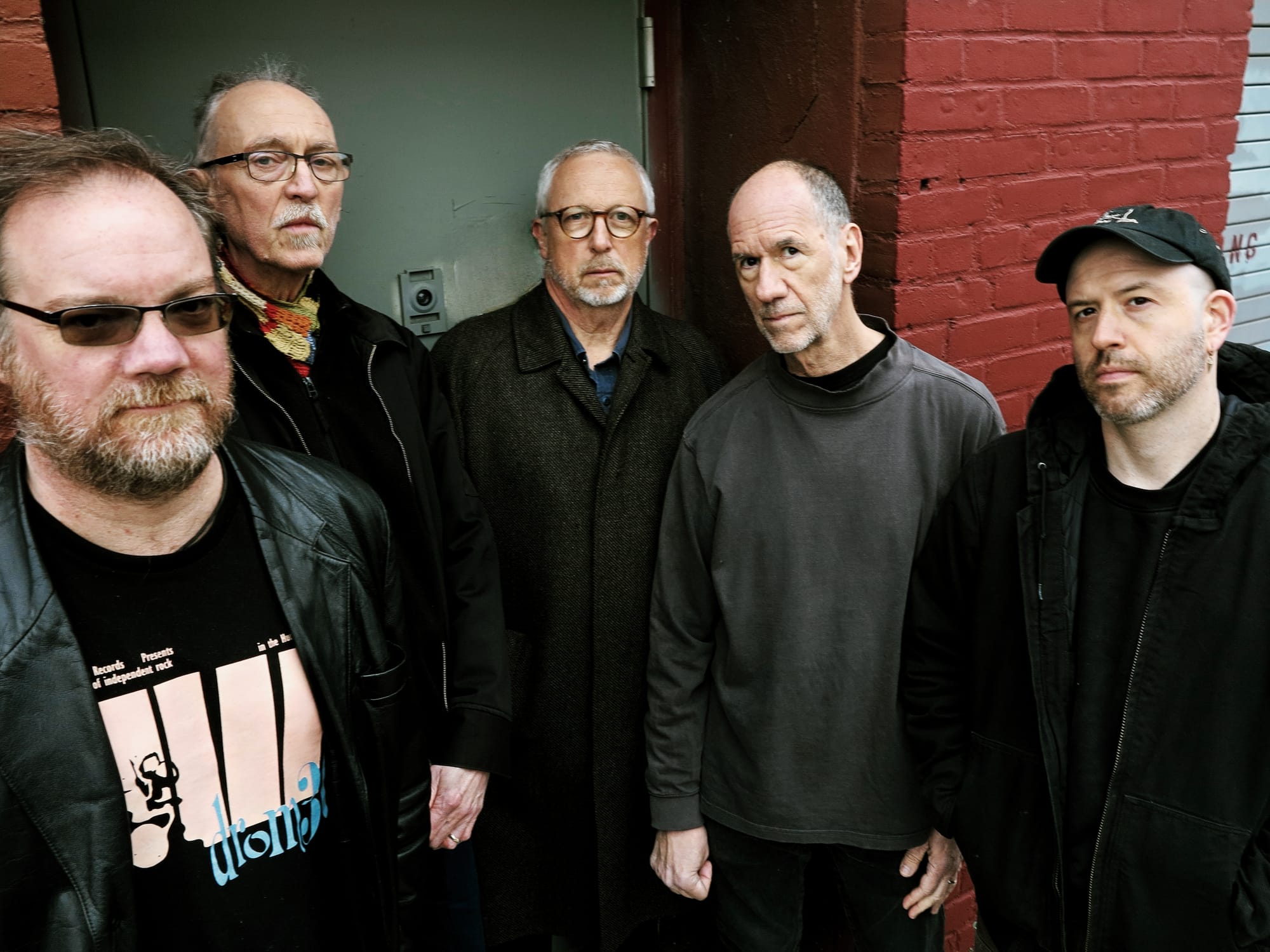
Centrone: What similarities and differences do you notice between The Whimbrels and Swans?
Norman Westberg: I would say that if there is a similarity, it would be the striving to make it sound right. Swans work on long-form repetition, while The Whimbrels lean toward a more traditional song format. If Evans had pitched his band to be like Swans, I would not have joined.
Centrone: How does NYC itself influence the band's writing style?
Arad: I don't think we're competent to answer that. Our collective experience evolved from downtown, new music, rock, punk, classical avant-garde, and every other New York musical movement since about 1980. We're too close to the situation to see it.
Centrone: What's in store for audiences at The Whimbrels gigs?
Arad: The show is loud and fun, funky in spots, driving, jangling, and banging. We hope it also pulls people in and opens some ears a little. You will not get the style pegged in the first song. By the end, we think people are getting what we are driving at, but we move through many more sonic worlds than most bands.
We will play the album, but you can also expect new material. We are writing all the time and are well on our way to being ready to record the next album. We don't talk much—try to keep it focused on the music. The crowd is usually of all different ages, which makes us happy. These guys are great players, and the live shows really bring it.
Check out more like this:
 The TonearmSam Bradley
The TonearmSam Bradley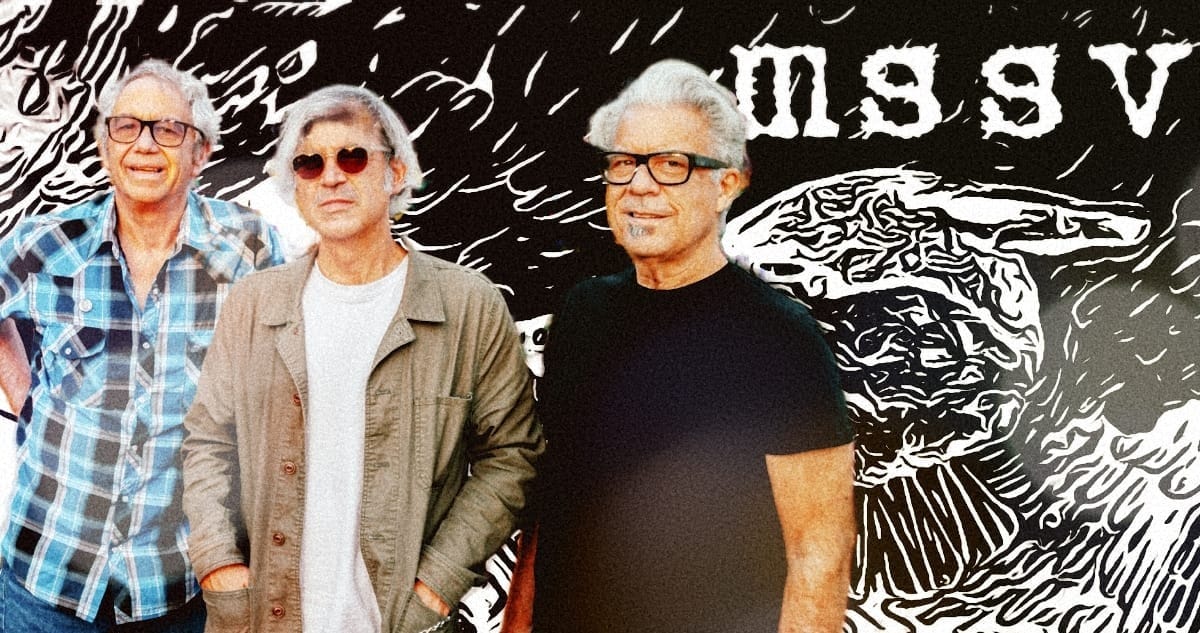
 The TonearmMichael Centrone
The TonearmMichael Centrone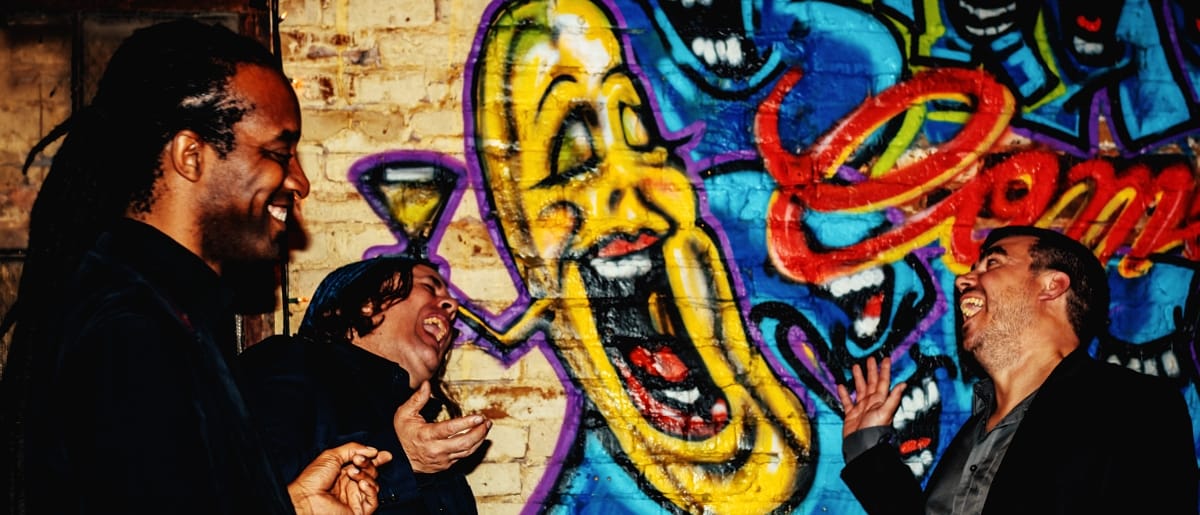


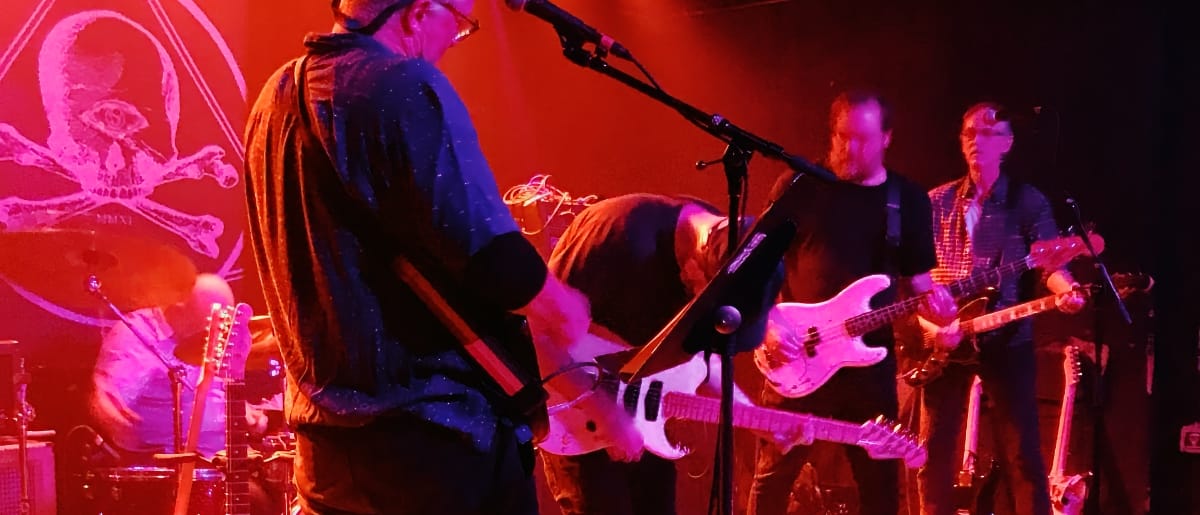
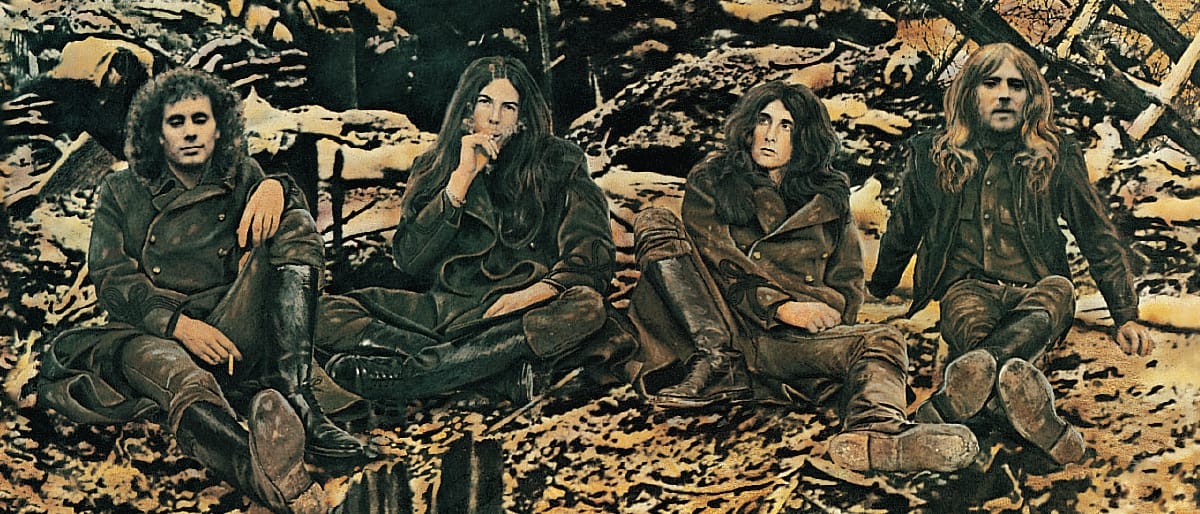
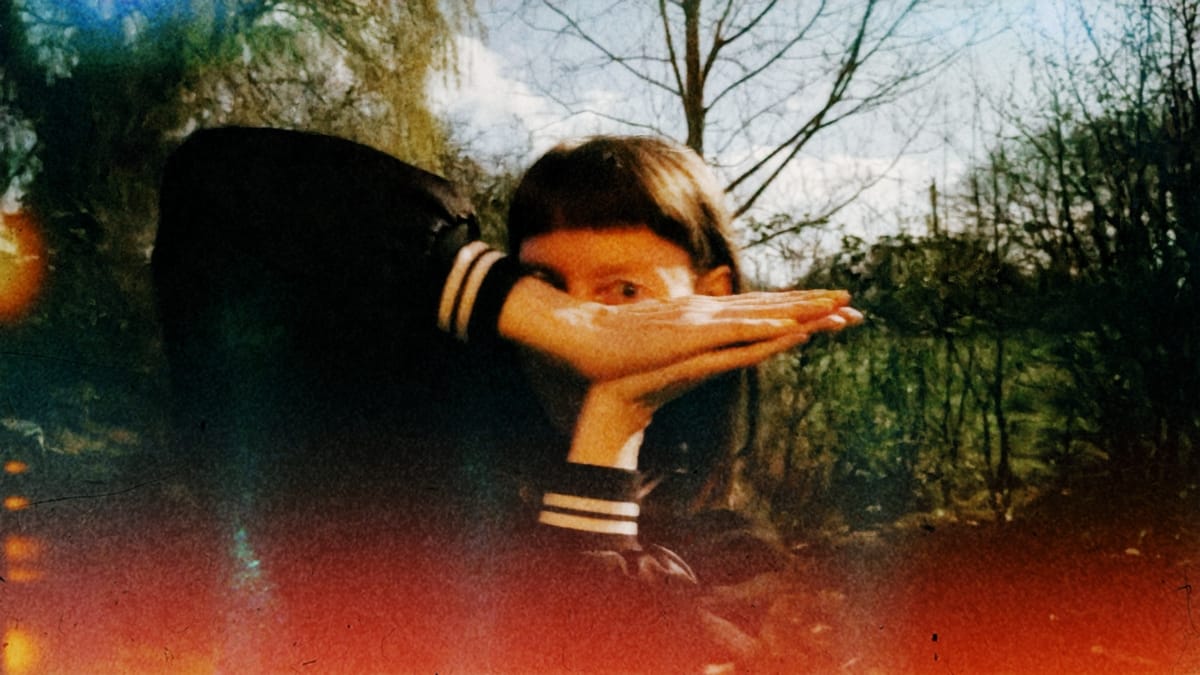
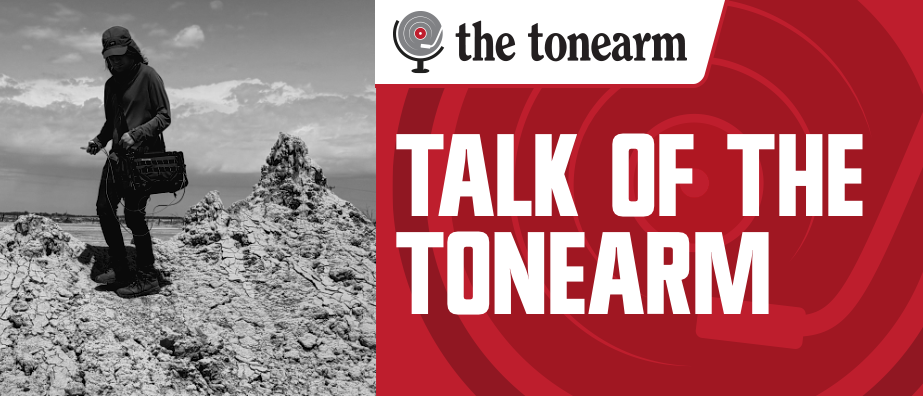
Comments